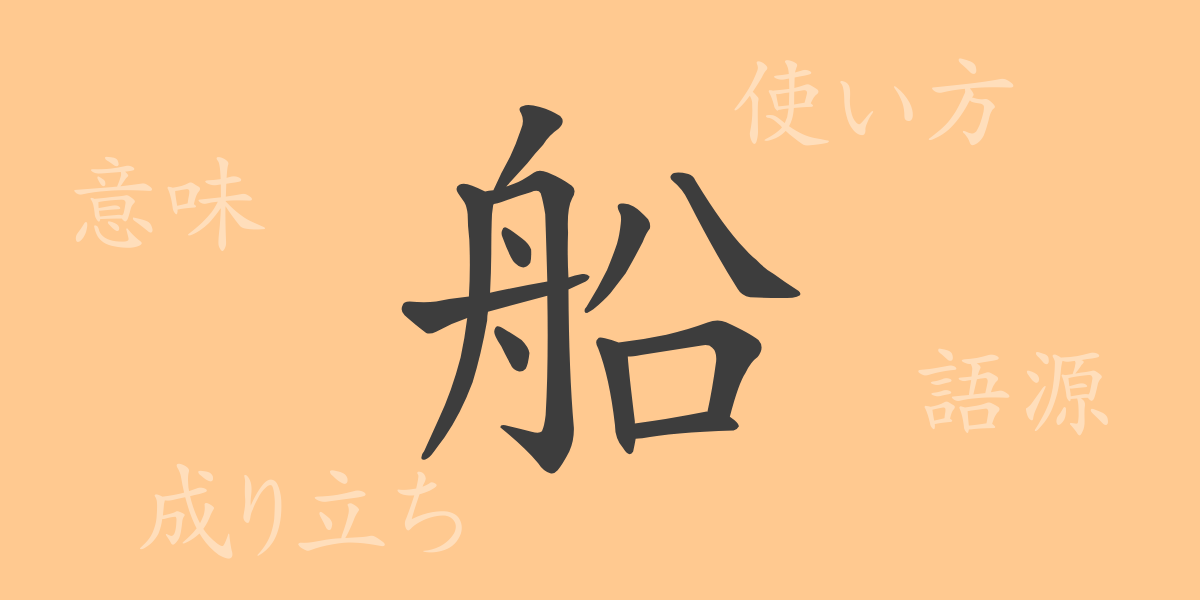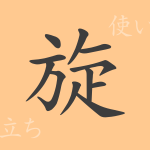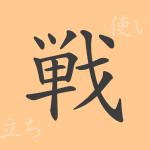In Japanese culture and language, the kanji “船” (せん) represents a vital element, with a profound history and varied applications from daily life to specialized settings. This article explores the character “船,” delving into its etymology, meanings, and applications, along with idioms and proverbs associated with it, to provide a richer understanding of its cultural significance.
Origins of 船
The kanji “船” originated from an ancient Chinese pictograph that symbolized the tool for moving across water. Ancient Chinese characters often visually represented objects or concepts, and “船” is one such example. Early boats made by hollowing out logs or assembling wood not only signified a major invention but also influenced the character’s form.
Meaning and Usage of 船
The kanji “船” generally denotes any watercraft, including boats, ships, canoes, and vessels of various sizes and types. It is used to describe modes of transportation, cargo transport, fishing activities, and even military applications. It also appears in metaphorical expressions.
Pronunciation, Stroke Count, and Radical of 船
Basic information about the kanji “船” includes:
- Pronunciation: On’yomi (Sino-Japanese reading) is “セン” (Sen), and Kun’yomi (native Japanese readings) are “ふね” (fune) and “ふな-” (funa-).
- Stroke Count: “船” consists of 11 strokes.
- Radical: Its radical is “舟部” (ふねへん – boat radical).
Phrases, Idioms, and Proverbs Involving 船
There are many idioms and proverbs that include the kanji “船,” some of which are:
- 船出 (ふなで) – Literally ‘boat departure,’ it metaphorically refers to embarking on a new venture.
- 船頭多くして船山に登る(せんどうおおくしてふなやまにのぼる) – Too many captains will steer the ship up a mountain, implying that too many leaders can lead to failure.
- 瓢箪から駒が出る(ひょうたんからこまがでる) – A horse comes out of a gourd, meaning unexpected good fortune from an unlikely source.
- 渡りに船(わたりにふね) – A boat crossing at the perfect time, referring to a timely opportunity.
Conclusion on 船
The kanji “船,” a pictograph originating from the shape of ancient watercraft, denotes any water vehicle and embodies significant cultural symbolism. With readings “セン” (Sen), “ふね” (fune), and “ふな-” (funa-), and belonging to the “舟部” radical, “船” is entrenched in various Japanese idioms and proverbs, each bearing deep meanings and lessons. Beyond its role in transportation, “船” serves as a cultural icon, perpetuating its presence in our language and society.

























